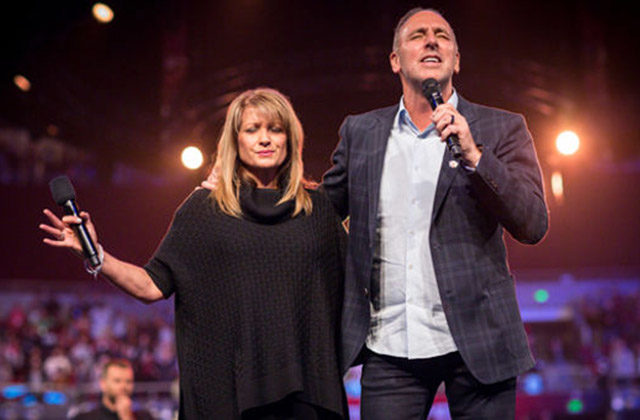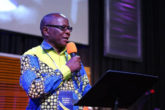
Brian Houston, the head of the hugely successful Hillsong Church in London – UK, with his wife. Courtesy Photo.
There are more churches to worship in than they are pubs to get drunk at in the United Kingdom, a report by the National Churches Trust revealed.
New figures show the UK has 40,300 church buildings compared to just 39,000 pubs.
However, that doesn’t mean more people are becoming religious. According to Metro, the United Kingdom’s highest-circulation newspaper, the changes are being blamed on the dwindling number of boozers.
Around three pubs are closing every day, meaning more than 11,000 locals have shut down in the last decade – a fall of almost a quarter.
Church buildings are also popular because they are multi-purpose, with people using them as community hubs, children’s nurseries, senior citizen lunch clubs, concerts and exhibition venues, according to Metro.
On the odd occasion they’re even utilised as Post Offices, GP surgeries, farmer’s markets and polling stations.
Reverend Lucy Winked, Rector of St James’ church, in London’s Piccadilly, told Metro: ‘Church buildings are a tremendous national asset for the UK. Many of them are historic buildings, a vital part of our national heritage.’
British Beer and Pub Association (BBPA) chief executive Brigid Simmonds suggested pubs and churches should work together to save British community spirit.
UK Church membership has declined from 10.6m in 1930 to 5.4m in 2013.
But the number of members has been kept stable by migration and the rise in Evangelical and Pentecostal venues.
Hillsong Church, for example, founded in Australia by Brian and Bobbie Houston in 1983, and since spread to the UK, US, and elsewhere. Hillsong gathers 5,000 people every week in London’s largest theater, the Dominion Theatre, 70 percent of whom are under 25.
Hillsong London had to add a second theater as the Dominion couldn’t hold more, and they have spread to several other cities and towns as well.
According to Robert Beckford, theology professor at Canterbury University, Hillsong provides (a) practical preaching, (b) dynamic worship, and (c) a cosmopolitan congregation.
The stats for the latest study were formulated by Brierley Consultancy after The National Churches Trust sent it data from the Office for National Statistics (ONS) to analyse.

